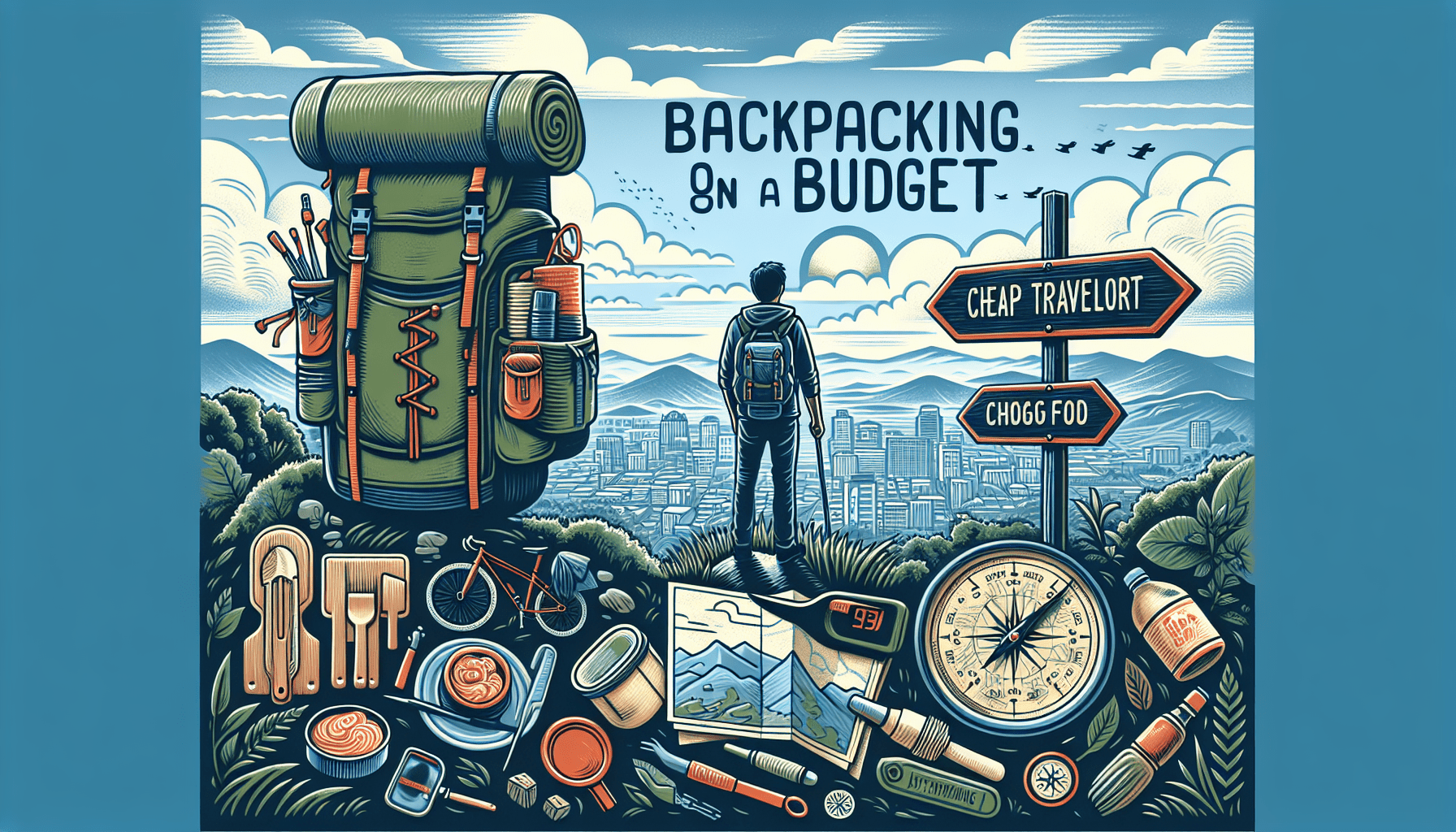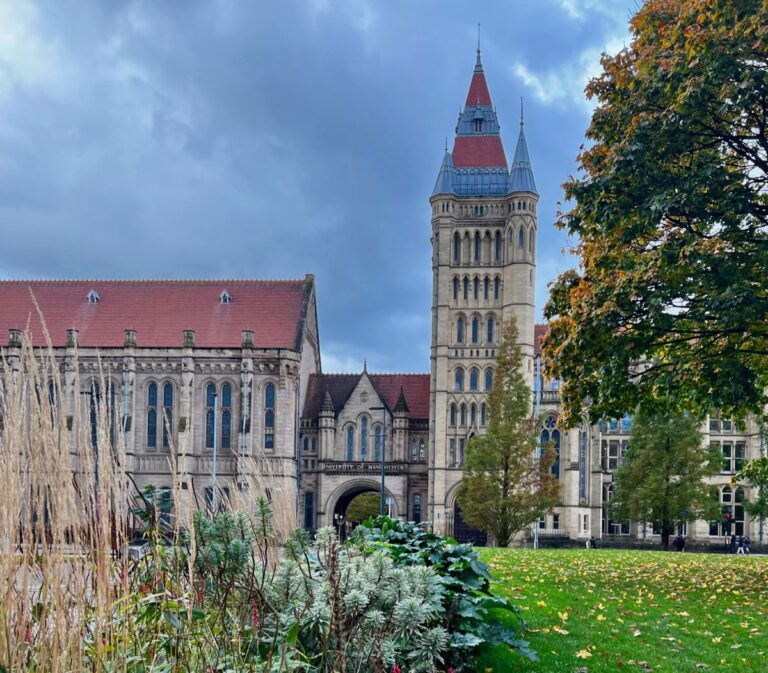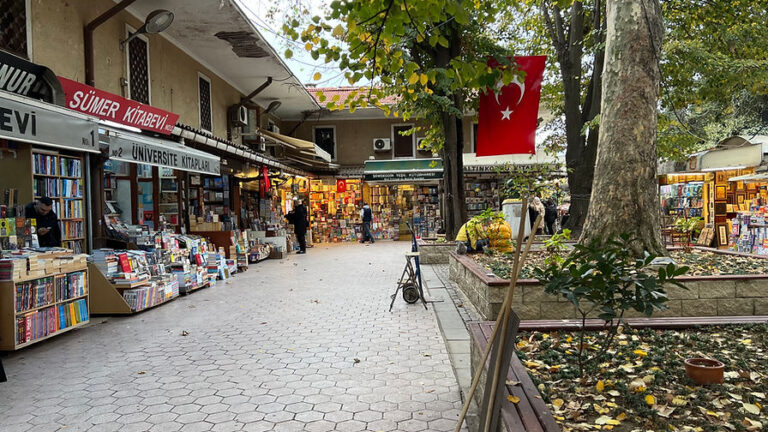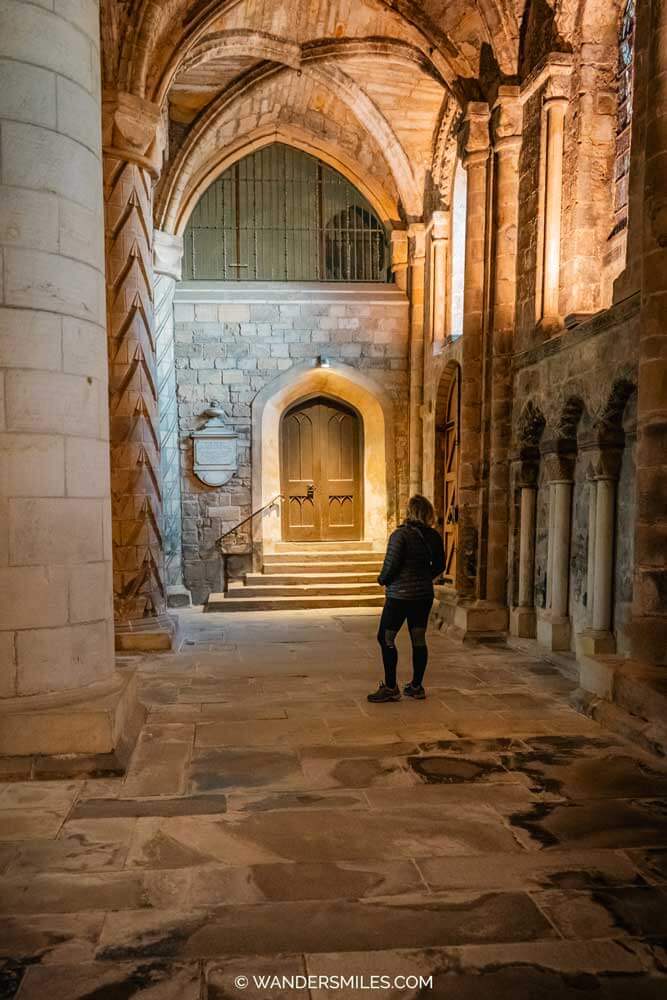If you’re looking to explore the world on a shoestring budget, then this article is for you. Packed with helpful tips and tricks, “10 Tips for Budget Backpacking” is a must-read resource for anyone embarking on a backpacking adventure. Whether you’re a seasoned traveler or a novice, these tips will guide you on how to save money, make the most of your experiences, and ensure a successful and cost-effective journey. From finding affordable accommodation to planning your meals, this article covers all aspects of budget backpacking to make your trip both enjoyable and affordable.
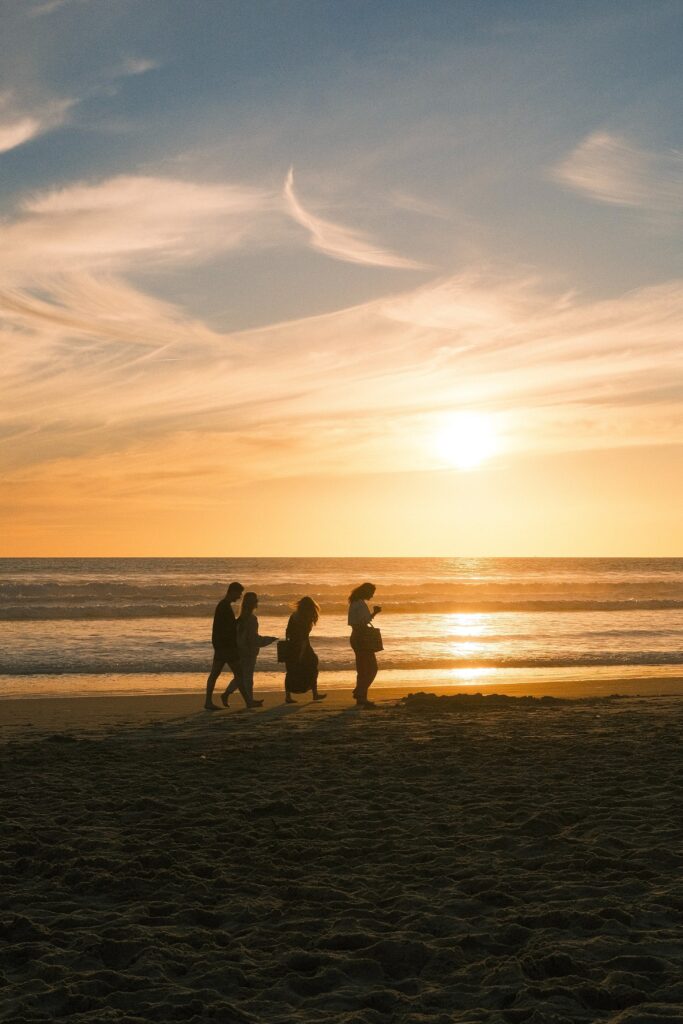
Choosing the Right Backpack
When embarking on a budget backpacking trip, one of the most important decisions you’ll make is choosing the right backpack. The size and capacity of your backpack are crucial factors to consider. You don’t want a backpack that is too small and won’t fit all your essentials, but you also don’t want one that is unnecessarily large and bulky.
Opt for a backpack with adjustable straps, as this will allow you to customize the fit according to your body type and ensure maximum comfort. It’s essential to try on different backpacks before making a final decision to find the one that suits you best. A properly fitted backpack will distribute the weight evenly across your shoulders and hips, preventing strain and discomfort.
Another important aspect to look for when choosing a backpack is durability and lightweight materials. You’ll be carrying your backpack around for extended periods, so you want it to withstand wear and tear. At the same time, you don’t want to be weighed down by a heavy backpack when you’re exploring new places. Look for backpacks made from materials like nylon or polyester, which are known for their durability and lightweight properties.
Pack Light and Smart
When it comes to budget backpacking, packing light is key. This not only saves you from the hassle of lugging around a heavy backpack but also allows for more flexibility and freedom during your travels. Before starting your trip, make a packing list of essentials that you absolutely need and stick to it. It’s easy to get carried away and pack unnecessary items that will only weigh you down.
Opt for versatile and multi-purpose items that can serve multiple functions. For example, a sarong can be used as a towel, a beach mat, or even as a makeshift curtain if needed. Packing a few essential clothing pieces that can be mixed and matched will also help save space in your backpack. Choose lightweight, quick-drying fabrics that are easy to wash and require minimal maintenance.
Toiletries can quickly take up space and add weight to your backpack. Minimize the number of toiletries you carry by opting for travel-sized items or consider buying them at your destination. Many hostels and guesthouses provide basic toiletries, so you might not need to pack shampoo, conditioner, or shower gel. Additionally, keep in mind that most countries have supermarkets where you can purchase these items at a fraction of the cost.
Research and Plan Ahead
Doing thorough research and planning ahead can save you time, money, and ensure a smoother trip. Start by researching your destination’s cost of living. This will give you an idea of how much you need to budget for accommodation, food, transportation, and other expenses. Knowing this information will help you plan your finances better and avoid any unwelcome surprises.
Planning your itinerary in advance allows you to make the most of your time and helps you allocate your budget wisely. Research the must-see attractions, landmarks, and activities at your destination and prioritize the ones that interest you the most. By having a rough itinerary, you can estimate how many days you’ll need at each location and plan your accommodation accordingly.
To save money on accommodation, consider affordable options such as budget hostels or guesthouses. These establishments often provide shared dormitory-style rooms, which are an excellent way to meet other travelers and exchange valuable tips and experiences. Online platforms like Airbnb or Booking.com also offer great deals on accommodation, so make use of them to find the best offers.
While planning, don’t forget to research free or low-cost activities and attractions. Most cities have museums, parks, and cultural landmarks that offer free or discounted entry. Additionally, check if there are any local events or festivals taking place during your visit. Attending these events is a wonderful way to immerse yourself in the local culture without spending much.
Save on Accommodation
Accommodation expenses can quickly add up, but there are several ways to save money in this area. Consider staying at budget hostels or guesthouses, which offer affordable rates for shared accommodation. These establishments often provide communal kitchen facilities where you can cook your meals, further reducing your expenses.
Take advantage of online platforms like Airbnb or Booking.com to find cheap accommodation deals. These platforms allow you to compare prices, read reviews, and book directly with the host, often at a discounted rate. Be sure to read the reviews and ratings of the accommodation before booking to ensure it meets your standards and expectations.
If you’re open to new experiences and meeting locals, consider couchsurfing or house-sitting. Couchsurfing involves staying with locals who offer their couch or spare room for free. It’s a great way to connect with the local community and learn about their culture firsthand. House-sitting involves taking care of someone’s house while they are away, in exchange for free accommodation. Websites like TrustedHousesitters.com and MindMyHouse.com make it easy to find house-sitting opportunities around the world.
For outdoor destinations, consider camping as a budget-friendly accommodation option. Camping allows you to be closer to nature and can be significantly cheaper than staying at a hotel or guesthouse. You can bring your own tent or rent one at the campsite. Just make sure to check if camping is allowed and if any permits or fees are required.
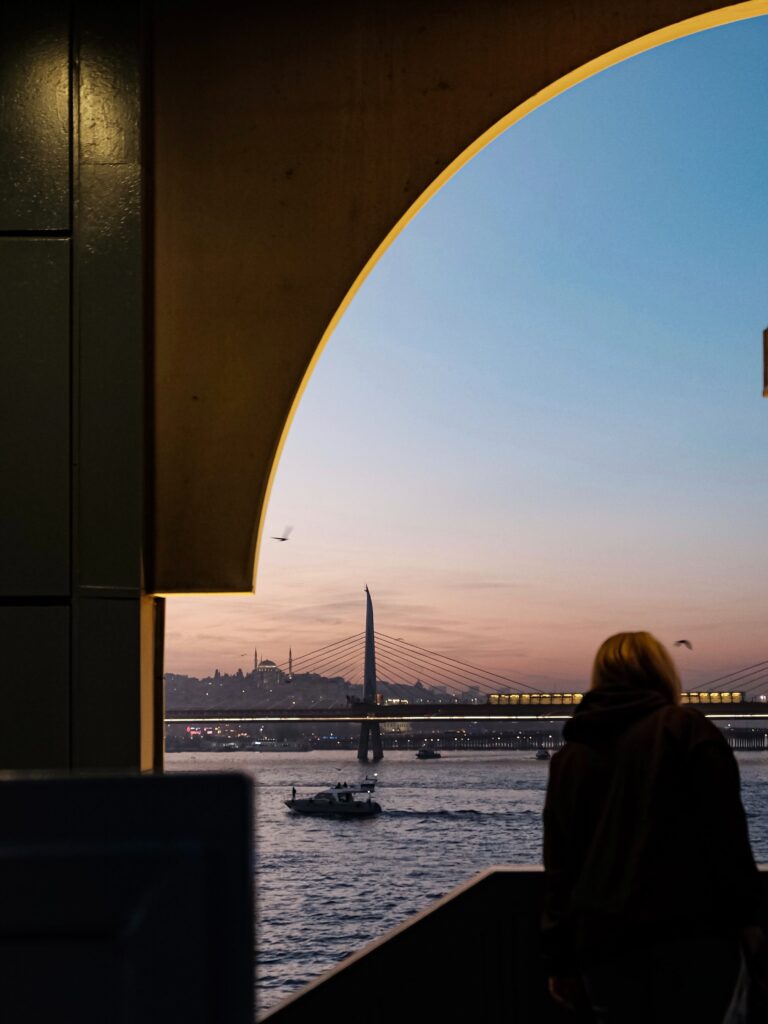
Eat Like a Local
Food expenses can quickly eat into your budget, but with some smart choices, you can enjoy delicious meals without breaking the bank. One of the best ways to experience local cuisine on a budget is by visiting local markets and street food stalls. These places often offer a wide variety of affordable and flavorful dishes that the locals love.
Additionally, consider cooking your meals whenever possible, especially if you’re staying in hostels or campsites with communal kitchens. Buying groceries from local supermarkets or farmers’ markets and preparing your meals will not only save you money but also allow you to create your own unique dishes using local ingredients.
Touristy restaurants are notorious for inflated prices, so do your best to avoid them. Instead, venture off the beaten path and search for local eateries where the locals dine. These establishments often offer authentic and affordable meals that showcase the true flavors of the destination.
When dining out, take advantage of daily specials and set menus. Many restaurants offer discounted lunch or dinner menus that include several courses at a fixed price. These menus often provide excellent value for money while allowing you to sample a variety of dishes.
Transportation on a Budget
Getting around is an essential aspect of any backpacking trip, and choosing the right transportation options can help you save money. Public transportation is often the most affordable way to travel within a city or between cities. Research the local buses, trains, trams, or subways available at your destination and familiarize yourself with their routes and schedules.
To save on accommodation costs, consider opting for overnight buses or trains for long-distance travel. This way, you can sleep while traveling and avoid the expense of a night in a hotel or guesthouse. Be sure to book your tickets in advance, especially during peak travel seasons, to secure your spot.
Ridesharing or carpooling services like UberPOOL or BlaBlaCar can offer significant savings if you’re traveling with others or joining someone who is heading in the same direction. These services allow you to share the cost of the ride with fellow travelers, making it a more affordable option compared to traditional taxis or rental cars.
For short distances, consider renting a bicycle or walking. Many cities have bike-sharing programs or bike rentals available, allowing you to explore the city at your own pace while saving on transportation costs. Walking is not only an excellent way to save money but also gives you a chance to immerse yourself in the local ambiance and discover hidden gems along the way.

See All the Sights With One Pass
Stay Hydrated and Save on Drinks
Staying hydrated is crucial, especially when traveling to warm or tropical destinations. Rather than spending money on bottled beverages, carry a reusable water bottle with you. Many hostels, restaurants, and attractions have water fountains or taps where you can refill your bottle for free. This not only saves you money but also reduces your plastic waste, making it a more sustainable choice.
When it comes to drinks, avoid pricey touristy restaurants or bars that often inflate their prices. Instead, opt for local and affordable beverages. Each destination usually has its own unique and refreshing drinks that are popular among the locals. Don’t be afraid to ask for recommendations from locals or try something new, as this is part of the adventure and adds to your overall travel experience.
Manage Money Wisely
Managing your money wisely is crucial when budget backpacking. Start by setting a daily or weekly budget for your trip. This will give you a clear idea of how much you can spend each day and helps you avoid overspending. Consider allocating a portion of your budget for accommodation, transportation, food, activities, and souvenirs.
Monitor your spending and track your expenses throughout your trip. This can be done using a travel app or a simple notebook. By keeping a record of your expenses, you can identify areas where you might be overspending and adjust your budget accordingly. It also helps to prioritize your spending on experiences and activities that are most important to you.
When it comes to currency exchange, avoid exchanging money at airports or tourist areas, as they often offer less favorable rates. Instead, use local ATMs to withdraw cash as needed. Make sure to check with your bank about any international transaction fees or international ATM withdrawal fees to avoid any surprises.
Consider using a travel card for convenience and safety. Travel cards, such as prepaid travel debit cards or credit cards, can be loaded with a specific amount of money before your trip. These cards often offer competitive exchange rates, are widely accepted worldwide, and provide added security features like blocking and replacing the card in case of loss or theft.
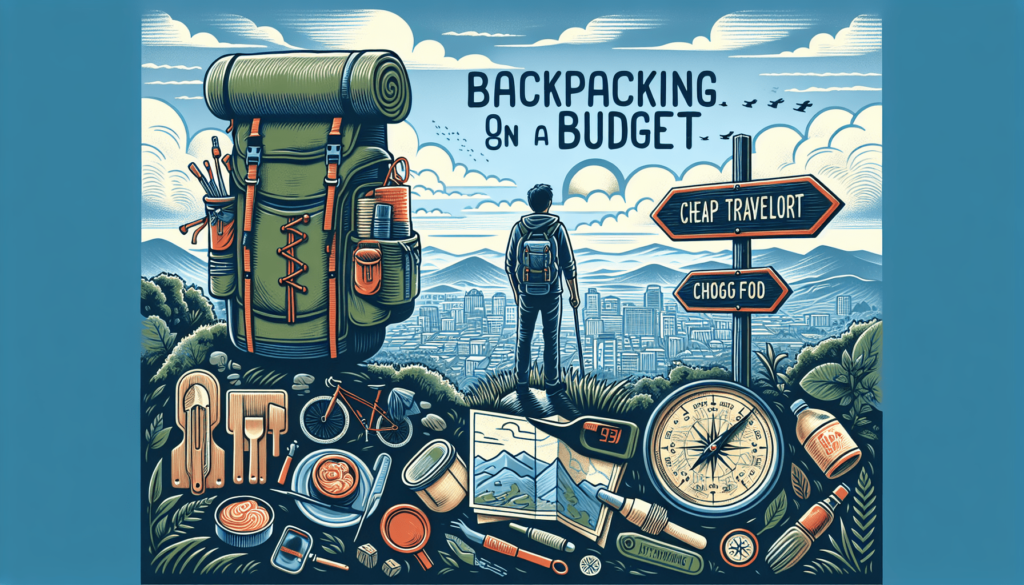
Stay Safe and Healthy
When traveling on a budget, it’s important to prioritize your safety and health. Research safety tips and common scams at your destination to stay informed and avoid falling victim to scams or unsafe situations. Familiarize yourself with the local emergency numbers or contacts and keep them handy in case of an emergency.
Carrying a basic first aid kit is essential. Include items like band-aids, antiseptic wipes, pain relievers, and any prescription medications you may need. It’s also a good idea to pack insect repellent and sunscreen to protect yourself from insect bites and harmful UV rays.
Travel insurance is a must, regardless of your budget. It provides financial protection in case of medical emergencies, trip cancellations, or lost or stolen belongings. Research and compare different travel insurance providers to find the coverage that suits your needs and budget.
Lastly, always stay vigilant and aware of your surroundings. Trust your instincts and be cautious, especially in crowded or unfamiliar areas. Keep your valuables secured and avoid flaunting them in public. By staying alert and taking necessary precautions, you can ensure a safe and enjoyable backpacking experience.
Embrace the Local Culture
One of the most rewarding aspects of budget backpacking is the opportunity to immerse yourself in the local culture. Learning a few basic phrases in the local language can go a long way in bridging the gap between you and the locals. Simple greetings like “hello,” “thank you,” or “excuse me” can make a significant difference and show your respect for the local customs.
Respect for local customs and traditions is essential when visiting a foreign country. Take the time to learn about their cultural norms, dress appropriately when visiting religious sites, and be mindful of any specific customs or traditions. Remember that you are a guest in someone else’s country, and showing respect goes a long way in fostering positive interactions.
Engage with locals and ask for recommendations. Locals often have the best insights into hidden gems, local eateries, or off-the-beaten-path attractions. Strike up a conversation, be open-minded, and show genuine curiosity about their way of life. This not only enriches your travel experience but also creates meaningful connections with the people you meet along the way.
Don’t miss out on local activities and festivals. These events provide a unique opportunity to witness and participate in age-old traditions, music, dance, and celebrations. Check local event calendars or ask locals for information about ongoing festivals and activities during your visit. By embracing the local culture, you’ll create memories that will last a lifetime and gain a deeper appreciation for the destination you’re visiting.
In conclusion, budget backpacking can be an incredible way to explore new destinations and experience different cultures without breaking the bank. By considering the size and capacity of your backpack, ensuring adjustable straps and a proper fit, and looking for durable and lightweight materials, you can choose the right backpack for your needs. Packing light and smart, researching and planning ahead, saving on accommodation and transportation, eating like a local, managing money wisely, staying safe and healthy, and embracing the local culture are essential tips for a successful budget backpacking trip. Remember to prioritize experiences, connections, and cultural immersion, as these are truly the moments that make traveling on a budget worthwhile.

